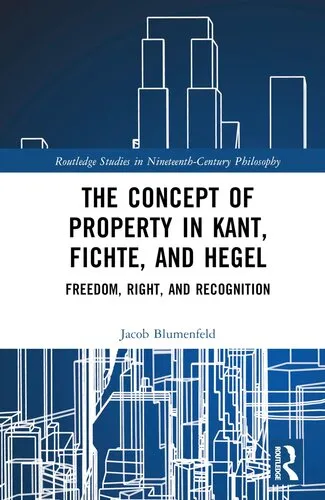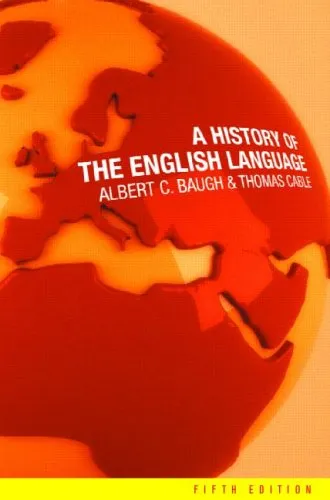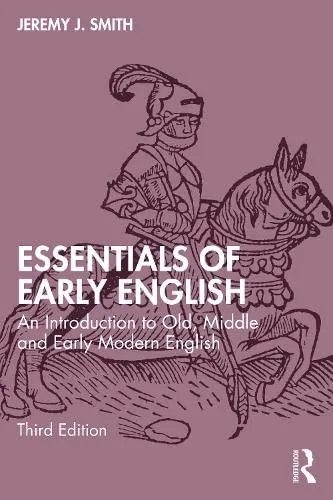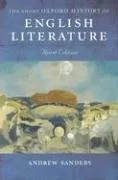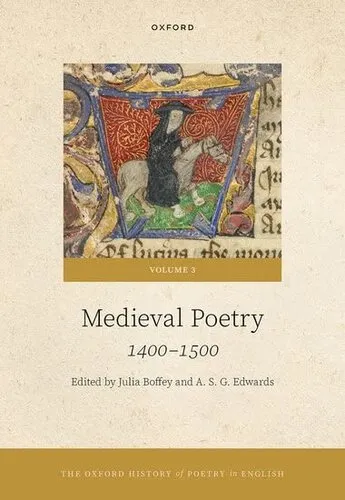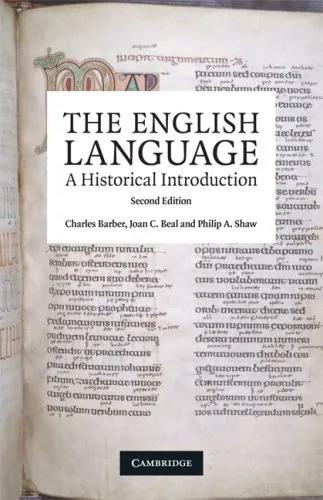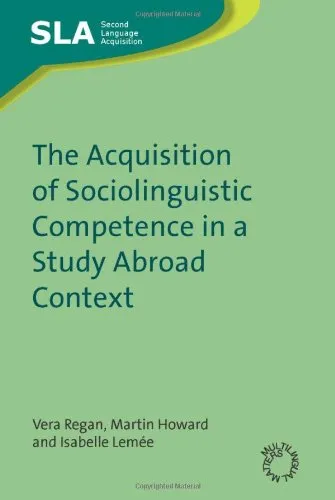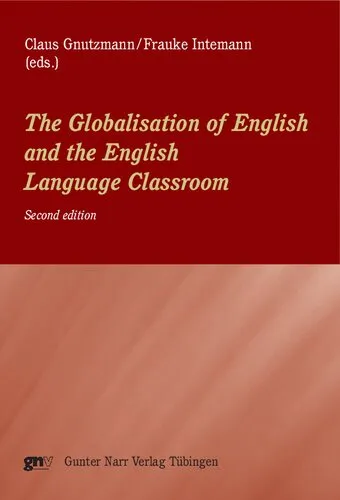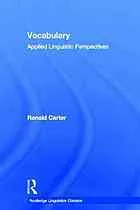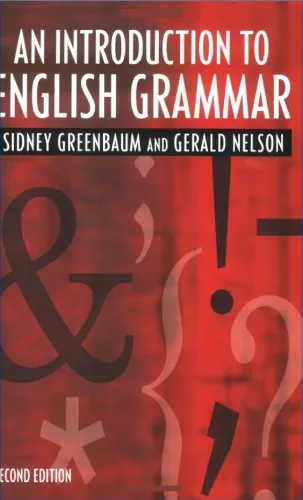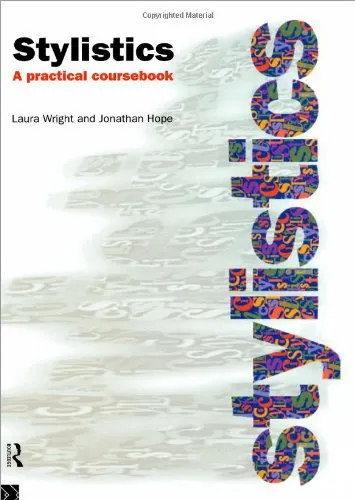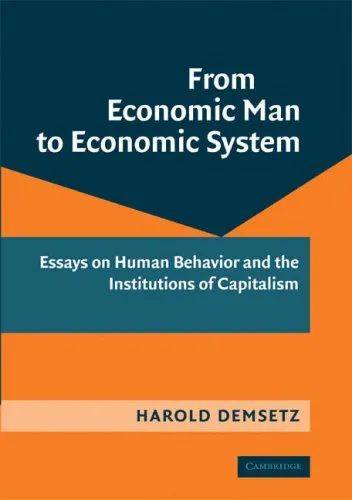The Concept of Property in Kant, Fichte, and Hegel: Freedom, Right, and Recognition (Routledge Studies in Nineteenth-Century Philosophy)
4.0
Reviews from our users

You Can Ask your questions from this book's AI after Login
Each download or ask from book AI costs 2 points. To earn more free points, please visit the Points Guide Page and complete some valuable actions.Related Refrences:
Introduction to 'The Concept of Property in Kant, Fichte, and Hegel: Freedom, Right, and Recognition'
The concept of property has been a cornerstone of philosophical and political discourse for centuries, playing a pivotal role in shaping ideas of freedom, justice, and social order. In my book, The Concept of Property in Kant, Fichte, and Hegel: Freedom, Right, and Recognition, I delve deeply into the intricate theories of three prominent philosophers of the Enlightenment and post-Enlightenment periods — Immanuel Kant, Johann Gottlieb Fichte, and Georg Wilhelm Friedrich Hegel. This work explores how their differing conceptions of property reflect broader concerns about autonomy, legal rights, and the nature of recognition in modern society.
This book is not merely an academic exercise in tracing the development of property theories but an attempt to show how these ideas underpin broader philosophical debates on freedom, ethics, and human relationships. At a time when concerns about personal ownership, intellectual property, and social equity are at the forefront of global discourse, revisiting the foundational ideas of property in Kant, Fichte, and Hegel offers valuable insights into our contemporary challenges.
Detailed Summary of the Book
The book begins by laying the groundwork for understanding how property enters human interaction and why it is so essential to discussions of freedom and right. Starting with Kant, I analyze the role of property in his metaphysics of morals, particularly his theory of external freedom. For Kant, property is not just a means to material wealth but a necessary mechanism for individuals to act in accordance with their free will and respect the autonomy of others. His concept of property formalizes the idea of rightful possession in a civil society, emphasizing the moral and legal framework that supports claims of ownership.
Moving to Fichte, the book highlights his dynamic and relational approach to property. Fichte challenges the static view of ownership by insisting that property exists only through acts of recognition by others. His work reveals property as a social institution, deeply intertwined with mutual acknowledgment and the freedom of others. Property here is not just about possession but about the intersubjective practices that make freedom possible in a community governed by law.
Finally, the book turns to Hegel, whose philosophy of property is woven into his larger system of ethical life (Sittlichkeit). For Hegel, property serves as an essential step in the realization of freedom, where individuals externalize their will through objects, anchoring their selfhood in the material world. Importantly, property becomes a medium of recognition — it ties individuals to their social and cultural environment, fostering a pathway from personal freedom to universal ethical life.
By tracing the progression of these ideas across Kant, Fichte, and Hegel, the book demonstrates the connections among freedom, right, and recognition, providing an interpretative framework for understanding property as both a philosophical and practical concern.
Key Takeaways
- The concept of property is not merely about material objects or economic transactions but about freedom, autonomy, and mutual recognition within a social framework.
- Kant emphasizes the legal and moral basis for claiming property, rooted in the doctrine of external freedom and universal law.
- Fichte views property as an inherently social construct, reliant on acts of recognition and the interdependence of individuals in a legal-political order.
- Hegel links property to the development of individual and collective freedom, showing how ownership serves as a cornerstone for ethical life and community-building.
- These thinkers reveal the evolution of modern concepts of rights and their enduring relevance for resolving contemporary disputes over ownership and justice.
Famous Quotes from the Book
"For Kant, property is freedom externalized; for Fichte, it is freedom recognized; for Hegel, it is freedom realized."
"The legacy of Kant, Fichte, and Hegel is a challenge and a guide: to understand property not as a mere possession, but as a mirror of our collective freedom."
Why This Book Matters
In a world deeply shaped by disputes over property — ranging from land and resources to intellectual goods — understanding the philosophical underpinnings of ownership is more critical than ever. This book provides a rigorous account of how some of the greatest thinkers of modern philosophy grappled with these questions, offering insights that resonate far beyond their historical contexts.
By engaging with Kant, Fichte, and Hegel, readers gain a richer perspective on the ethical and social dimensions of property. This is not merely a philosophical exploration but a call to rethink the institutions and practices that continue to define our relationships with one another and with the material world. Whether you are a philosopher, legal scholar, sociologist, or simply someone curious about the nature of ownership and freedom, this book offers a pathway to deeper understanding and critical reflection.
Free Direct Download
You Can Download this book after Login
Accessing books through legal platforms and public libraries not only supports the rights of authors and publishers but also contributes to the sustainability of reading culture. Before downloading, please take a moment to consider these options.
Find this book on other platforms:
WorldCat helps you find books in libraries worldwide.
See ratings, reviews, and discussions on Goodreads.
Find and buy rare or used books on AbeBooks.
1391
بازدید4.0
امتیاز0
نظر98%
رضایتReviews:
4.0
Based on 0 users review
Questions & Answers
Ask questions about this book or help others by answering
No questions yet. Be the first to ask!
